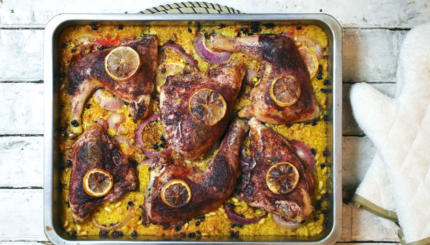Pronounced: G-MAHR KHAH-tee-mah toe-VAH, Origin: Hebrew, literally “a good signing/sealing.” This is a traditional greeting during the Ten Days of Repentance, referring to the belief that on Rosh Hashanah our fates are written, or inscribed, in the Book of Life, and on Yom Kippur they are sealed.


